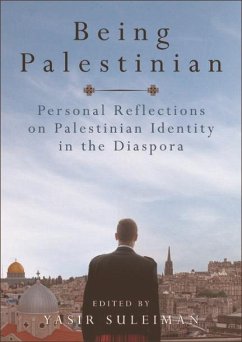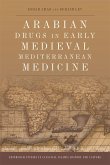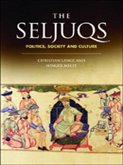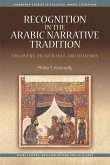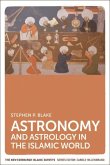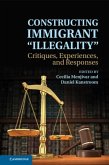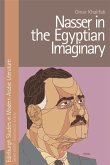What does it means to be Palestinian in the diaspora?This collection of 100 personal reflections on being Palestinian is the first book of its kind. Reflecting on Palestinian identity as it is experienced at the individual level, issues of identity, exile, refugee status, nostalgia, belonging and alienation are at the heart of the book. The contributors speak in many voices, exploring the richness and diversity of identity construction among Palestinians in the diaspora.Included are contributions from Palestinians living in the Anglo-Saxon diaspora, mainly the UK and North America. They come from a variety of professional backgrounds: business people, lawyers, judges, fiction writers, poets, journalists (press, TV and radio), film-makers, diplomats and academics. Men and women, young and old, Christians and Muslims offer essays, as do Palestinians from different generations (first, second and third generations). This mix of professional, gender, faith and generational categories ensures that a variety of voices are heard.The editor sets the scene with an Introduction, and his Epilogue deals with issues of identity, exile and diaspora as concepts that give sense to the personal reflections.Key FeaturesThe first book to gather personal reflections on what it means to be PalestinianContributes to the debate on what it means to be PalestinianAsks what the diaspora is for PalestiniansLooks at how being Palestinian varies across gender, generation, religious affiliation and professional interest.FROM APF:Is being Palestinian a 'pain in the neck', or a 'sentence to suffer gladly'? Does Palestinian identity reside in cross-stitch embroidery, sweet knafeh and the poetry of Mahmoud Darwish, or defending the rights of oppressed communities around the world? Does being Palestinian in diaspora mean anything at all? In this ground-breaking volume, the first of its kind, 102 contributors from North America and the United Kingdom reflect in their own words on what it means to be Palestinian in diaspora. Exploring how Palestine is both lost and found, bereaved and celebrated in diaspora, and the tangled ties between 'home' and 'homeland', Being Palestinian takes the reader on an intimate journey into the diaspora to reveal a human story: how does it feel when you cannot find Palestine under 'P' in the encyclopaedia your father brings home? Why grow fig and orange trees in the Arizona desert? What does it mean to know every inch of a village that no longer exists? Touching, troubling but full of character and wit, the reflections in Being Palestinian offer a radically fresh look at the modern Palestinian experience in the West.
Dieser Download kann aus rechtlichen Gründen nur mit Rechnungsadresse in A, B, BG, CY, CZ, D, DK, EW, E, FIN, F, GR, HR, H, IRL, I, LT, L, LR, M, NL, PL, P, R, S, SLO, SK ausgeliefert werden.

